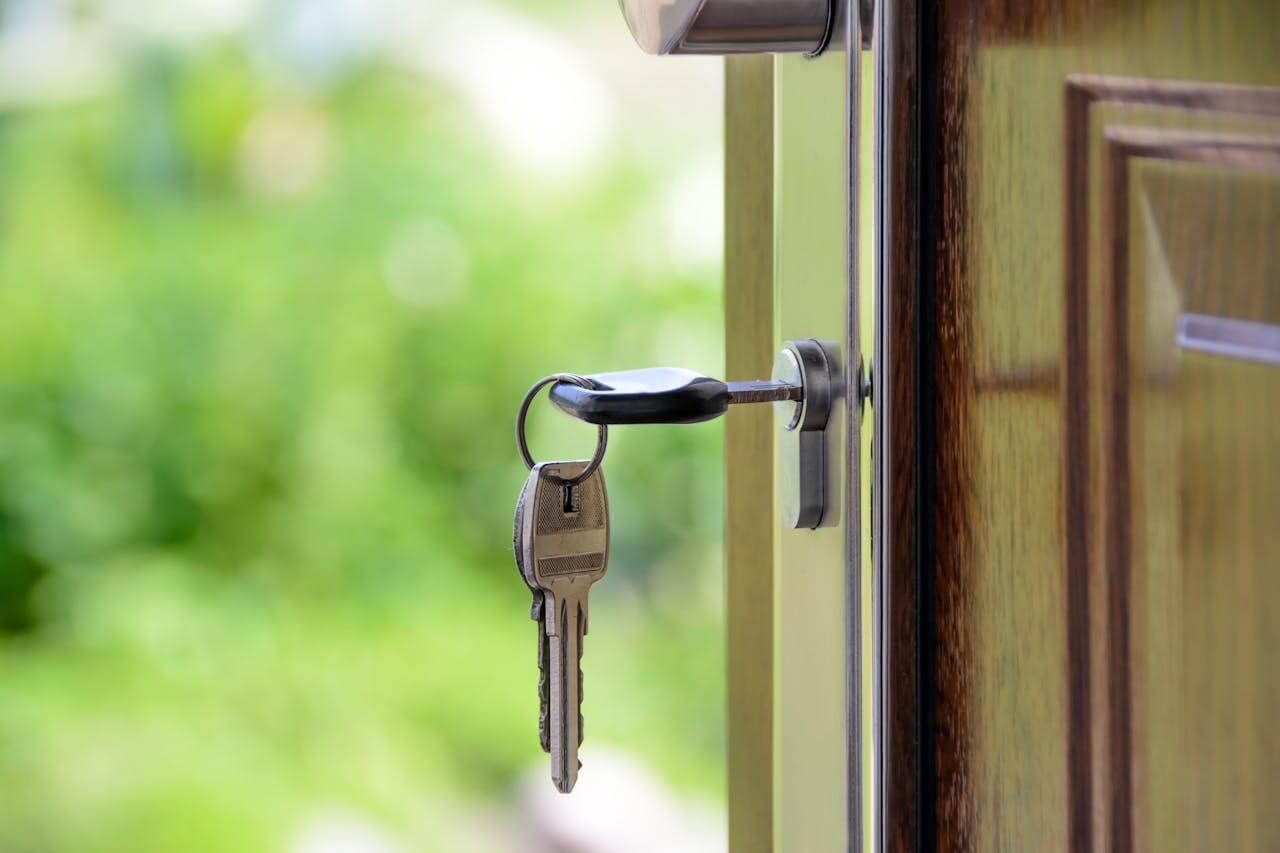
What is a Senior Stretch Loan?
A senior stretch loan can help you purchase a property …
Secured loans are considered safe if you approach them with careful consideration and responsible money management. These loans allow people to borrow larger amounts with lower interest rates, and extended repayment periods.
However, borrowers still need to assess their ability to meet repayments consistently and avoid borrowing more than necessary. The safety of secured loans relies on maintaining financial discipline, otherwise your assets could be seized.
Unsecured personal loans are widely popular and allow borrowers to access funds without offering any collateral. The borrowing range typically spans from £1,000 to £25,000, with the best rates falling within the £7,500 to £15,000 range.
Lenders assess risk based on credit scores, making it easier for those with good credit to secure favorable terms. Importantly, no assets need to be pledged as security.
Secured loans, often referred to as homeowner loans, involve the borrower offering an asset—usually their property—as collateral. This security allows lenders to offer larger sums at lower interest rates, as they have the assurance of reclaiming the asset if the borrower defaults.
Although secured loans can technically be tied to various collateral, they are predominantly taken out by homeowners. Auto loans are another type of secured loan.
They are typically considered to be safe, but only if borrowers are able to manage their money in a responsible way. There are some key considerations you need to think about before you take one of these loans out.
Secured loans require collateral, typically in the form of your property, setting them apart from unsecured loans. Typically due to the nature of these loans they are a form of joint loan where there is more than one applicant (husband and wife for example). You also need to consider whether you can actually afford to make your repayments, or your collateral could be seized.
Secured loans generally permit larger borrowing amounts, as lenders have the security of the borrower’s asset. However, you still need to be sure you can make these repayments each month.
Secured loans often offer lower interest rates, reflecting the reduced risk for lenders due to the collateral. Make sure to consider the interest when you decide whether or not you can pay this loan back.
While credit scores matter for both types of loans, secured and unsecured, a good credit score significantly enhances the terms of unsecured loans. A poor credit score may limit unsecured loan options, making secured loans a viable alternative for those with valuable assets to offer.

Secured loans can be a safer option for individuals with bad credit scores. Since these loans are secured by collateral, such as a home, lenders have tangible security, making them more willing to extend credit even to those with lower credit scores.
The safety in this scenario lies in the increased likelihood of loan approval, offering individuals with credit challenges an avenue to access funds while mitigating risk for the lender through the collateralised structure of secured loans. However, you should always keep in mind that you can lose your home if you don’t make these repayments.
Early repayment options can positively impact the safety of secured loans by providing borrowers with flexibility and potential cost savings. When borrowers have the ability to repay their secured loans ahead of schedule, they can potentially save on interest payments and achieve financial freedom sooner.
The safety aspect lies in the ability of borrowers to manage their financial obligations more efficiently, provided they carefully consider any associated fees or penalties for early repayment to ensure it aligns with their overall financial goals.
Secured loans can offer a safe and effective solution for consolidating debts. By using collateral, borrowers may qualify for larger loan amounts with better interest rates, allowing them to combine multiple debts into a single, manageable payment.
The safety aspect in debt consolidation through secured loans lies in the potential for lower overall interest costs and a simplified repayment structure, enabling borrowers to regain financial control and work towards a more secure and stable financial future.
Ensuring the safety of assets with secured loans requires diligent financial management and careful consideration of various factors. Borrowers should first assess their financial needs realistically, only borrowing what is necessary to avoid unnecessary risk.
Thoroughly understanding the terms and conditions of the loan agreement is crucial, including any potential fees, penalties, or consequences in the event of default. Making timely repayments is essential to maintain a positive borrowing experience and safeguard the pledged assets.
Additionally, periodic reviews of the loan terms and assessing the financial situation can further contribute to ensuring the ongoing safety of assets tied to secured loans.

A senior stretch loan can help you purchase a property …

A mortgage offer officially lasts for 3-6 months depending on …

If you have purchased a car through a dealership using …